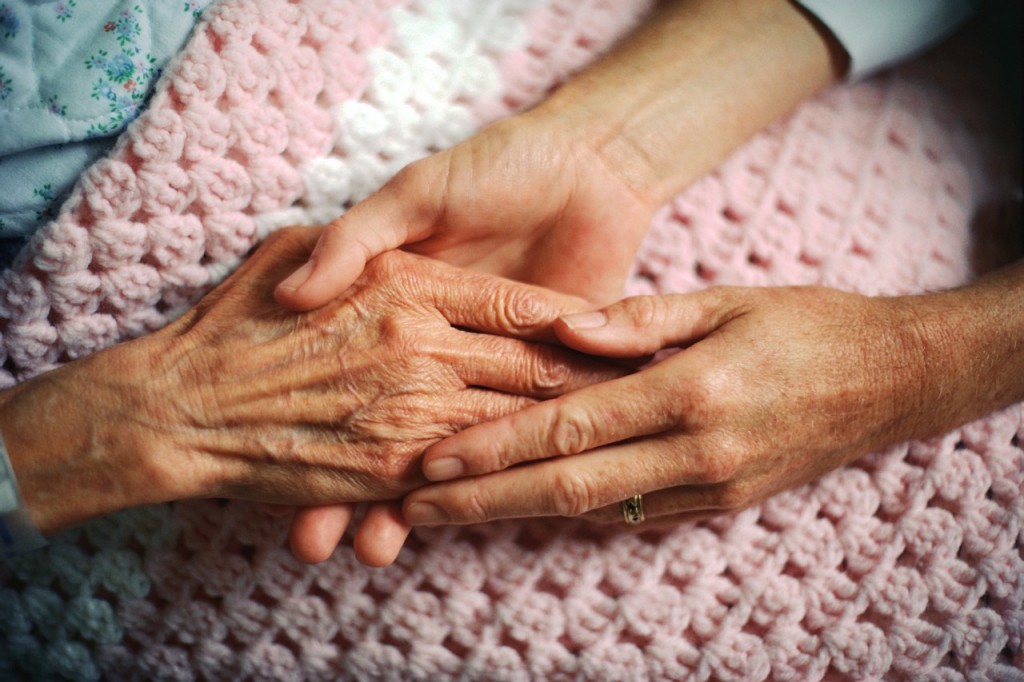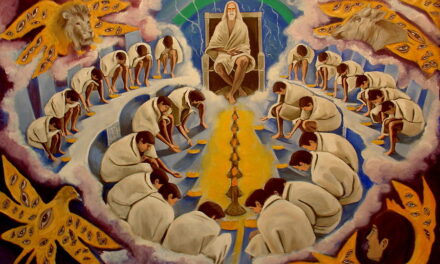This is a guest post by Mel Davis.
 If you have just been diagnosed with a serious or terminal illness, you are probably experiencing a myriad of emotions, intense shock and disbelief and a feeling that you’re stuck in a nightmare and wishing you could wake up. Denial is a common response. You may feel numb and try to continue with your daily life as if nothing has happened or you might get angry with the doctor who gave you the diagnosis and refuse to believe it. This anger—an entirely normal response—could extend to other people including family and friends or the world in general.
If you have just been diagnosed with a serious or terminal illness, you are probably experiencing a myriad of emotions, intense shock and disbelief and a feeling that you’re stuck in a nightmare and wishing you could wake up. Denial is a common response. You may feel numb and try to continue with your daily life as if nothing has happened or you might get angry with the doctor who gave you the diagnosis and refuse to believe it. This anger—an entirely normal response—could extend to other people including family and friends or the world in general.
Fear is an overriding emotion. For people who have never believed in God or in the existence of the soul, they may be afraid of their own mortality and the finality of death. It is common for people to pray or to reach out to a higher existence when faced with the prospect of the end of their life. When young and healthy, it is easy to believe in our own invincibility and thoughts of death don’t enter our minds. As the time draws nearer, questions about life-after-death take on a sharper relevance.
Those who already have a religious or spiritual belief could find a deepening of their existing belief.
Having spiritual faith not only helps you tackle the big questions but it can also help you and your loved ones go through the stages of grief, ease negative emotions and feel more fulfilled and content in the final stages of life.
If you use your spirituality as an inner resource that you can tap into, you are less likely to be depressed.

By Flickr user mescon
Healthcare professionals continually look to ease patient suffering and improve the quality of life for those with serious or life limiting illnesses and because of this, there have been various studies on the effect of spirituality on the well-being of the terminally ill and their families. Those without belief tend to want a hastened death and are more likely to have considered suicide when they are given their diagnosis. Those who lean on their spiritual faith are less likely to feel end-of-life despair and to have a greater sense of peace and meaning, according to research that looked at the palliative care of people with end-stage cancer.
Research like this has led many hospitals to recognise the benefits of spirituality and to include faith and spirituality in their palliative care practice.
Talking about your faith with your religious group or hospital chaplain can help you. Hospital chaplains are ministers who work with the seriously ill and with people who are grieving to provide spiritual guidance and comfort. While hospital chaplains may or may not be affiliated with a particular denomination, they don’t attempt to persuade you to join any specific religion so whatever faith you belong to—or even if you are an atheist—they aim to support you. On the other hand, since chaplains come from various faith traditions, if you’re Christian and want a Christian minister, the hospital can provide you with one. A chaplain will be able to listen to you when you want to discuss your illness and help you work through any worries you have. They can become a trusted spiritual counsellor for you and your family members during your time of need.
The chaplaincy service may also be able to offer a home visiting service for face-to-face counselling sessions with you or your relatives. They can help your loved ones by continuing to visit after your passing.
Other ways they can help you is by praying with you. To bring a sense of peace and closure, you can also write letters to your loved ones, extend forgiveness to people who have hurt you, keep a journal of your spiritual thoughts, and quiet contemplation or meditation can help you find closure and deal with questions relating to the meaning of life. It can bring comfort to those you will leave behind and prepare them for your passing and ease your fear to help you get the most out of your ‘bucket list’ so you can enjoy living instead of dreading dying.
Source: Where to Turn: Cancer, Kwikmed, accessed 21 May, 2015, http://www.kwikmed.org/turn-cancer-resources-web/
Mel Davis is a writer and editor who used to work within the mental health care field. She herself had suffered problems with addiction during the early part of her adult life. Whilst in recovery she turned to the church, and to God, for solace and firmly believes that this has aided her on the journey to wellness once more. She lives with her husband and her two children.
| If you’d like to write for God In All Things please see the Submissions page. |









Two years ago I underwent an eight week programme of radiotherapy for advanced prostate cancer. In the waiting room the first day, the opening line of a hymn I love popped into my mind; “Be still for the presence of the Lord, the Holy One is in this place”. I took that thought into the therapy room that day and every day, and called on it at other times, too.